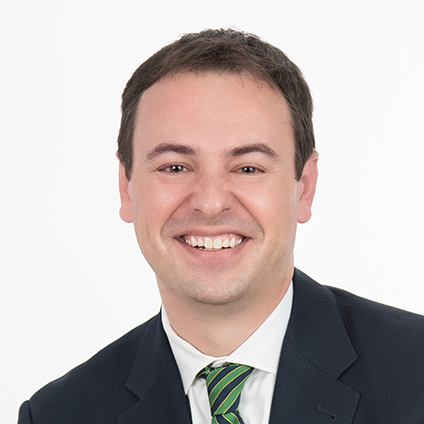Ask an Expert
My teen has ADHD and ODD. He refuses therapy. How can I help my son help himself?
Clinical Expert: Dave Anderson, PhD
en EspañolQ I am a concerned mother. I have 3 boys (almost 15, almost 14 and 2). My soon-to-be 15-year-old is presenting bad anger issues. He has ADHD and ODD.We had him in counseling when he was younger and he didn't want to do it anymore. We stopped the counseling and now I think we need to start it up again. He is not attacking people or throwing things, but if he gets upset he can be difficult to control as far as helping him calm his anger.I am worried that my son is going to get hurt by someone or be written off by teachers or other people he deals with in life because of his anger issues. I want him to start taking counseling sessions, but he says it will not do anything for him. How can I help my son help himself?
I’m really glad to answer this question, as we’re dealing with two main things here. First, we’re working with a teenager who may or may not want to come in for treatment, which is very common; teenagers often don’t have confidence in the treatment that any therapist might provide. But at the same time we may also be working against expectations based on things that happened in earlier treatment. A child might be avoiding feeling like he’s failing in treatment, or might have felt bad in previous treatment. And that can make it really difficult for kids to get re-motivated to therapy.
For you as a parent, it can be maddening to feel that you know what sort of help your child needs, but you can’t get him there. That’s also pretty common for parents of adolescents. So in this situation, I’d be thinking that the therapy really begins with finding out how best to get your son on board with where we’re going to go. How can we convince him that this round of treatment is different from before? And how can we build his motivation toward believing treatment can help him with things that he finds difficult?
If you were to bring him in to the Child Mind Institute, we would work on getting buy-in by focusing initially on his priorities. What is he looking for at this stage? What kinds of things would he like to be able to improve, like homework or making friends? Then we can outline how the things he’s motivated toward might be achieved in our work together — while also addressing your concerns with his behavior and getting on the same page. With a teenager, we focus on making treatment collaborative for a very simple reason: without his help and input, no one wins.
Specifically, for someone with difficulties with frustration and anger, we’d use cognitive behavioral techniques to make him more aware of the connections between his thoughts, feelings, and behaviors. And the more he can become aware of these interactions, the more he can develop good coping skills and decrease responses that get in the way of relationships. Little by little in this collaboration, he can start applying these skills and begin to experience more success in daily life.
At the same time that we’re doing this work with a teenager, we want parents to be informed consumers of the child’s treatment, making sure they understand what’s happening and how they can help. This way, when parents see these good behaviors or improved coping skills at home, they can reinforce them. And that’s the other part of the collaboration; everyone is involved.
So it’s really a multi-pronged approach when we work with any family of a teenager with these issues. Our hope is that we can inspire optimism about the course of therapy, help the teenager feel like a collaborator in the treatment, orient the treatment toward both the teenager and his parents’ goals, and teach parents how to modify family interactions to promote the teenager’s progress.

